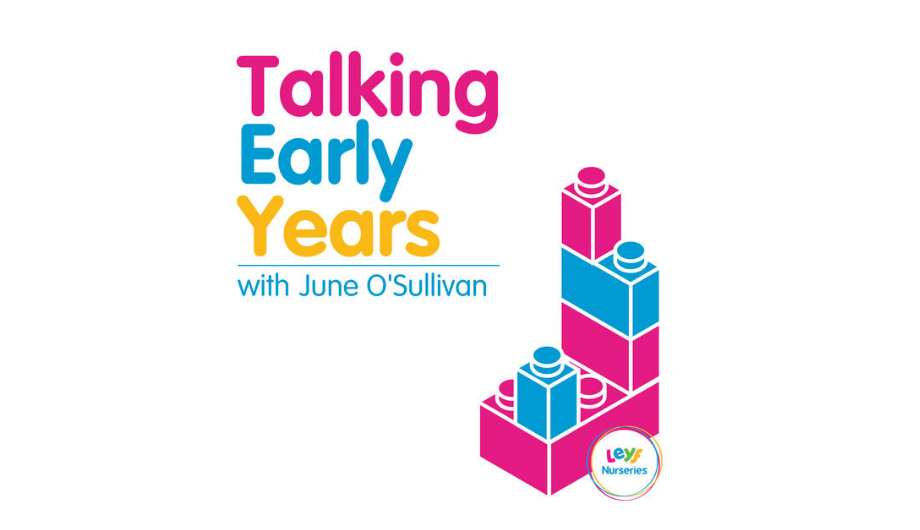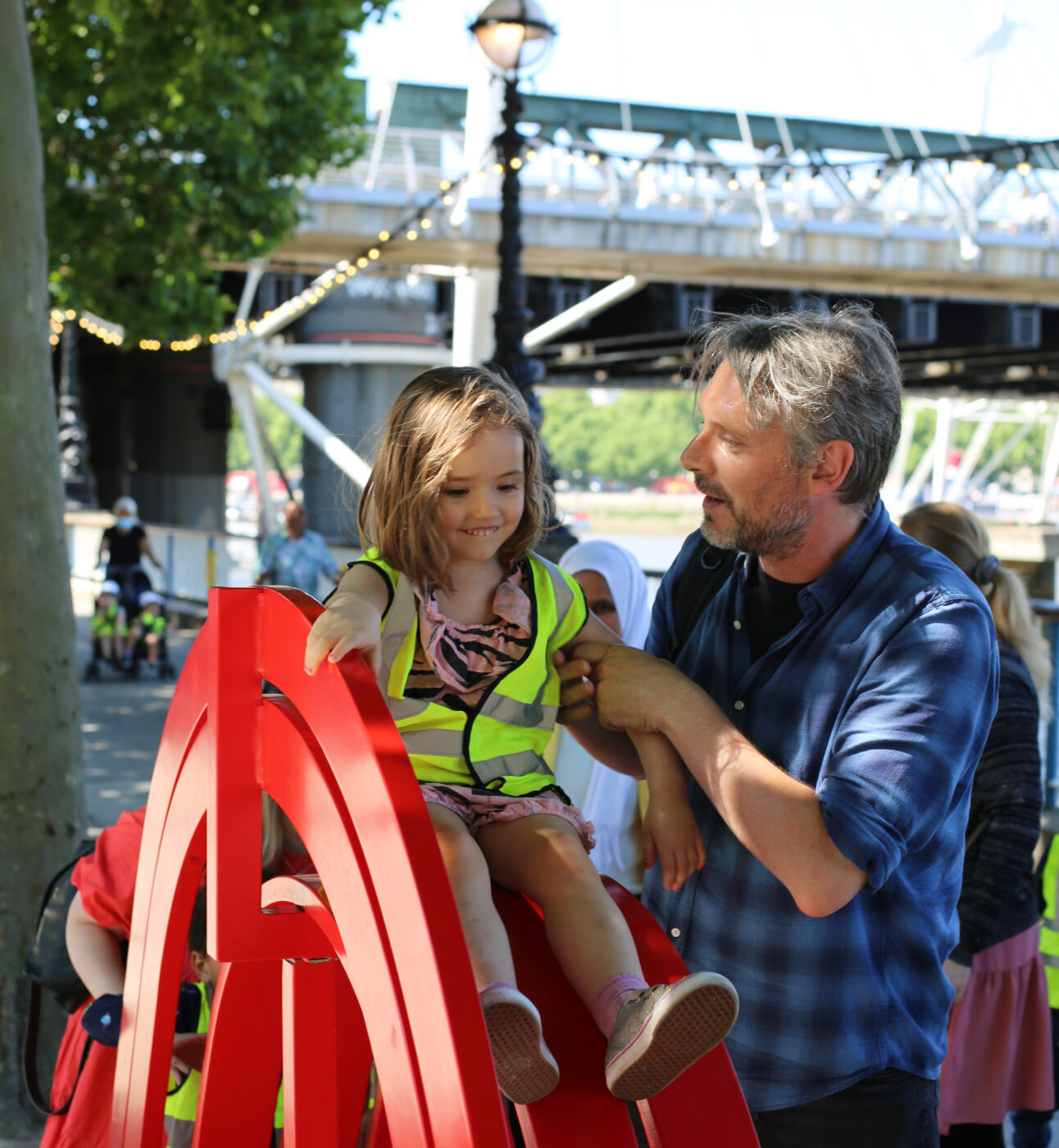
The Power of Intergenerational Nurseries
Talking Early Years: June O’Sullivan and Sue Egersdorff The world is changing fast. Technology is accelerating how we live, work and even care, but in that rush, you…
May 27th 2021
The Importance of Storytelling : In Conversation with Trisha Lee from Make Believe Arts
I met Trisha many years ago when we were both involved in some multi-generational activities supported by the Arts Foundation. I was taken by her because she was one of the few people I had met who had discovered the work of the late Vivian Gussin Paley, a teacher/researcher and prolific writer from Chicago who influenced me when I was developing the LEYF Pedagogy.
While my favourite Gussin Paley book is You Can’t Say You Can’t Play.
Another one that was very important was The Boy Who Wanted to Be a Helicopter which was all about drama and storytelling in the classroom.
Trisha went on to create a whole arts business around the central tenet of Helicopter Stories which simply put is:
The child tells a story
The story is written down
The story is acted out
It’s also a central part of the LEYF Pedagogy, simple to do but very effective. As Trisha notes emerging evidence from her longitudinal study suggests that storytelling with children improves their language, listen and writing skills but also improves their ability to operate within a group and step into other people shoes in a way that empathy and emotional intelligence is fostered.
Trisha is passionate about Gussin-Paley but she is even more passionate about the rationale for storytelling and why its so important. She rails against the schoolification which squeezes out storytelling in favour of learning the structure of writing so now children can tell you what an adverb is but are writing in a way that will never be listened to.
Listen to Trisha talk about storytelling as oral stories, poems, formal books and audio books. She reminds us that Gussin Paley read books like Charlotte’s Web to four-years-olds. She sees children able to understand much more complex ideas through stories. Because of COVID-19, she has recorded stories and poems with music to share with people on her website.
Our discussion leads to the question of training staff to become storytellers, so they understand how to use intonation and pause and when to improvise. Using Helicopter means staff learn to listen to stories and give children their voice, but they also learn that the bridging the telling and the writing of the story with drama seals the learning. She concludes our conversation with a call to action which ultimately says that every child deserves to have their stories listened to no matter what setting they attend.

Talking Early Years: June O’Sullivan and Sue Egersdorff The world is changing fast. Technology is accelerating how we live, work and even care, but in that rush, you…

Workout to Help with Salas… and Bring Kindness to the World Life is very serendipitous and leads to meeting some very engaging people who want to do something helpful…

Ordinary People Doing Extraordinary Things Podcast Series For International Men’s Day on the 19th November 2012, I invited as many men as I could find…